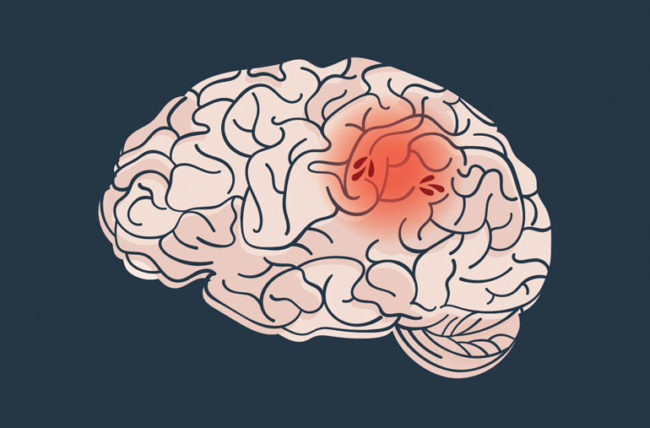My wife has a complex medical history, including open heart surgeries, a major stroke, and the recent discovery of a large growth at the base of her skull. We are currently monitoring the growth to understand its implications.
Strokes are intricate and can have varying impacts on individuals. In fortunate cases, the effects are minimal, and individuals can recover up to 100%. However, in other cases, the challenges can be substantial. My wife has experienced significant losses, such as blindness in both eyes on the right side, coordination issues, difficulties with forward-thinking, hearing difficulties in crowded environments, struggles with complex conversations, and persistent fatigue.
Being a partner and caregiver for someone who has had a stroke is an incredibly demanding role. It requires daily exploration and understanding of who they are now, what they have lost, how they process information, their capabilities, and their limitations.
It feels like an ongoing process of grieving. Acceptance becomes elusive because every day, week, or month brings new changes and challenges. As a caregiver, I have taken on not only my previous responsibilities but also assumed the majority of family responsibilities, including raising teenagers. It is a heart-wrenching and soul-crushing experience.
Unfortunately, there is no preparation or guidance for such a journey, and our Western culture often lacks adequate support systems for caregivers and their loved ones facing these difficulties.




